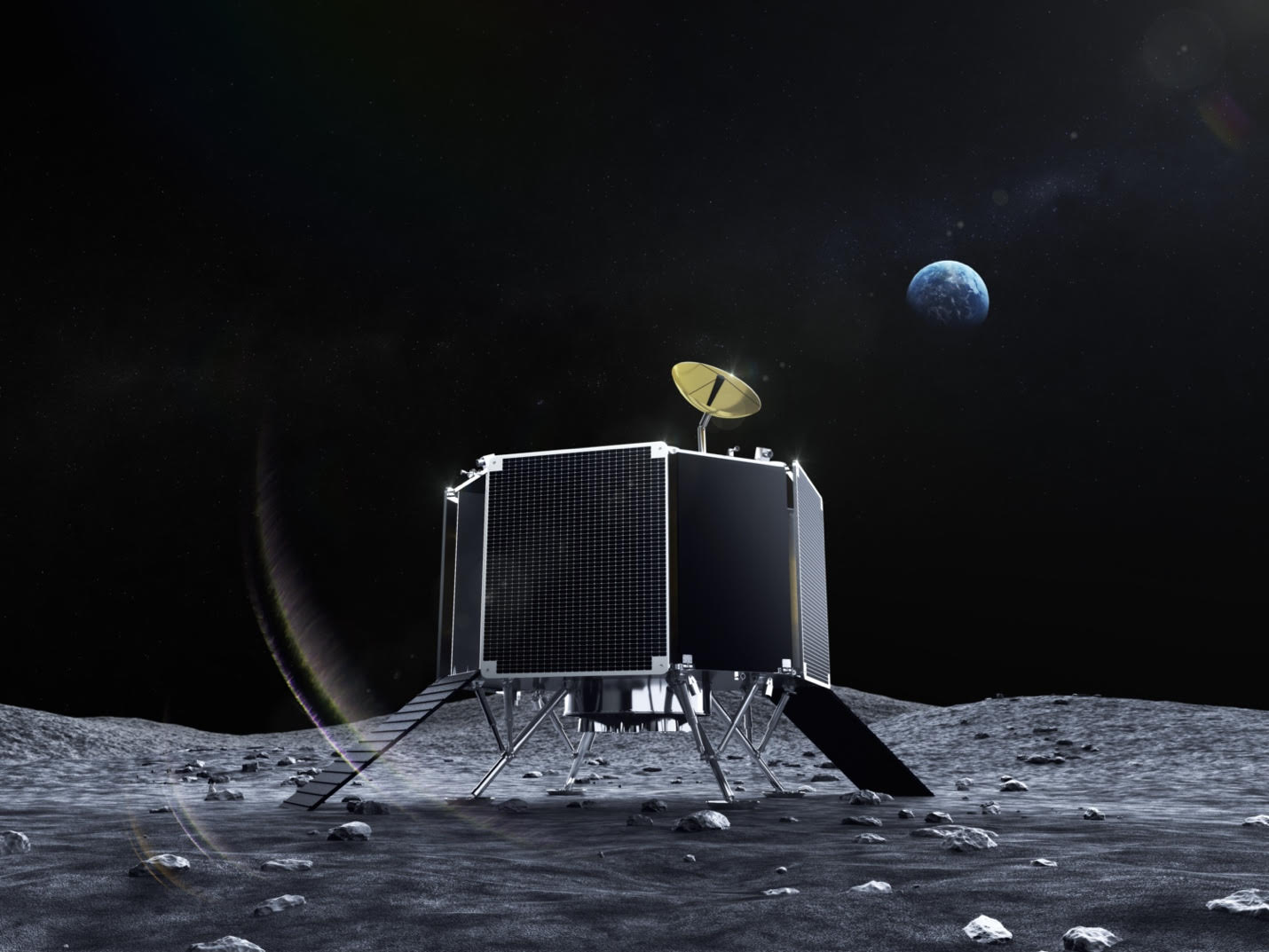Hello and welcome back to Max Q. It feels odd to be living in a time when companies are announcing their plans to develop commercial space stations and yet, here we are! Read on for news from Sierra Space, Blue Origin, Boeing and others on their plans for a station, called Orbital Reef. Plus this week, another space SPAC and more.
Tips, opinions, criticism, thoughts? Email me at aria.techcrunch@gmail.com or find me on Twitter at @breadfrom.
Don’t forget to sign up to get the free newsletter version of Max Q delivered to your inbox.
Orbital Reef is claiming its slice of LEO real estate
Let’s get into it: Sierra Space, Blue Origin and Boeing are teaming up to send the spacecraft to orbit in the second half of the decade. The planned station, called “Orbital Reef,” will also include tech and services from Redwire Space, Genesis Engineering and Arizona State University.
The news comes less than a week after Voyager Space, Nanoracks and Lockheed Martin laid out their own plans for a commercial space station, which the group says will launch in 2027. Axiom Space is also planning a commercial station.
The big questions that remain: how much it’s going to cost. None of the executives would say. The other major piece of the puzzle is the launch capabilities of Blue Origin’s New Glenn, Boeing’s Starliner and Sierra Space’s Dream Chaser spaceplane. None of these vehicles have yet reached orbit, and the team wants their commercial station in space by the latter half of the decade.

Satellite manufacturer Terran Orbital is going public via SPAC merger
The trend of space companies heading to the public markets via SPAC mergers is not over yet. Terran Orbital, a leading manufacturer of small satellites, is going public in a merger with special purpose acquisition company (SPAC) Tailwind Two Acquisition Corp. The deal has a post-transaction enterprise value of $1.58 billion and will furnish the company with around $470 million.
Terran Orbital is a contract manufacturer of satellites, working primarily with the government. The company will be opening the world’s largest spacecraft manufacturing facility in Florida. It also has plans to launch and operate its own satellite constellation and to deliver satellite imagery as a service. In a statement, CEO Marc Bell called it the new SaaS: “Satellites-as-a-Service.”
Other news from TechCrunch
Gitai Japan successfully completed a technology demo of its robotic arm aboard the International Space Station, a major milestone in the Tokyo-based startup’s goal of commercializing its space robots. Gitai has a really fascinating vision for the future of space, which sees robots as composing the labor force in off-world colonies on the moon and Mars.
Promus Ventures, a VC firm based in Chicago, closed a €120 million ($139 million) space fund, dubbed Orbital Ventures. The new fund, which will operate out of Luxembourg, will be focused on early-stage space companies.
Other news from around the web
ABL Space had a huge week, closing $200 million in funding from existing investors including Fidelity Management and Lockheed Martin Ventures. The financing shot the company’s valuation to $2.4 billion. The company aims to launch its first rocket, dubbed RS1, from Alaska before the year is out.
Amazon has a new agreement with telecom giant Verizon for its Project Kuiper internet satellite project. Verizon will aim to improve wireless internet access in rural areas in the U.S. by expanding its LTE and 5G service.
Astroscale and ClearSpace were awarded a collective £700,000 ($1 million) from the U.K. Space Agency to conduct mission feasibility studies into de-orbiting unusable satellites — AKA cleaning up space junk.
Firefly Aerospace is on track to send its Blue Ghost lunar lander to the moon in September 2023, announcing it had completed a critical design review with NASA that paves the way for it to begin construction of the spacecraft. Firefly eventually wants to complete annual missions to the moon’s surface.
Isar Aerospace inked a firm launch services agreement with satellite company EnduroSat to launch multiple satellites to orbit from the company’s site in Andøya, Norway between 2022 and 2025.
ispace scored a new investment from Airbus Ventures, part of a Series C extension that brings the company’s total raise to around $200 million (ispace has three lunar lander missions planned through 2024).

Join us at TC Sessions: Space in December
Last year we held our first dedicated space event, and it went so well that we decided to host it again in 2021. This year, it’s happening December 14 and 15, and it’s once again going to be an entirely virtual conference, so people from all over the world will be able to join — and you can, too.
































Comment